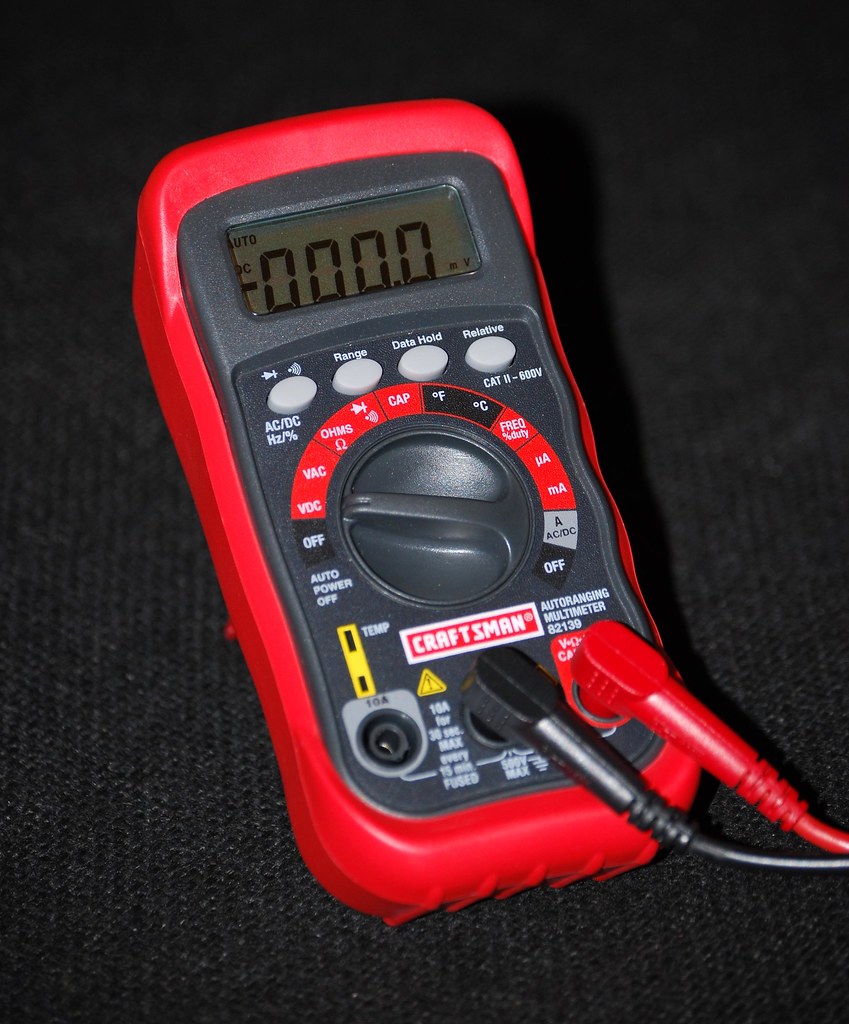Both meters are connected to the same source, a UPS Power Supply US standard 120 VAC 60 Hz. The output is MSW (Modified Sine Wave) so note how only the meter on the right presents a correct value of about 117 VAC. The meter on the laft, an inexpensive meter, responds to and displays the average value. The AC response may or may not effect your choice.
Ron

